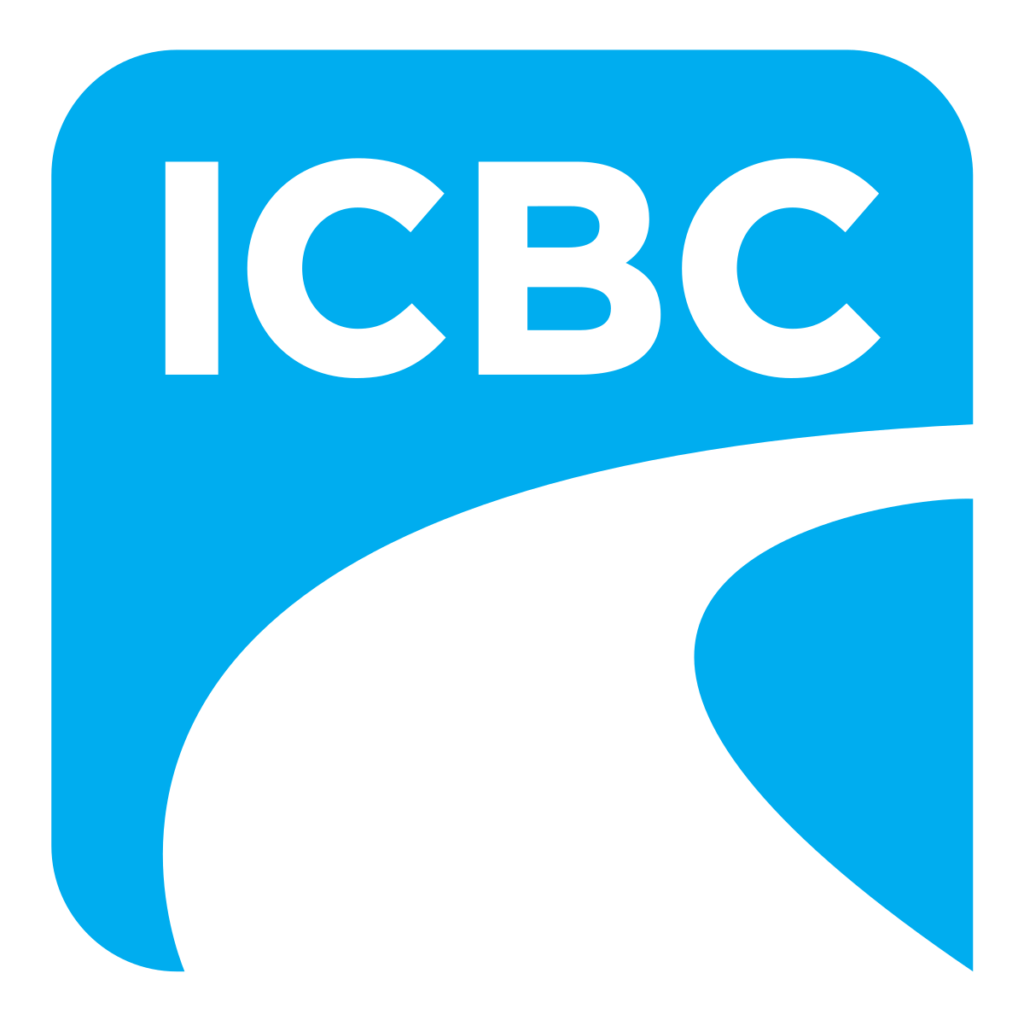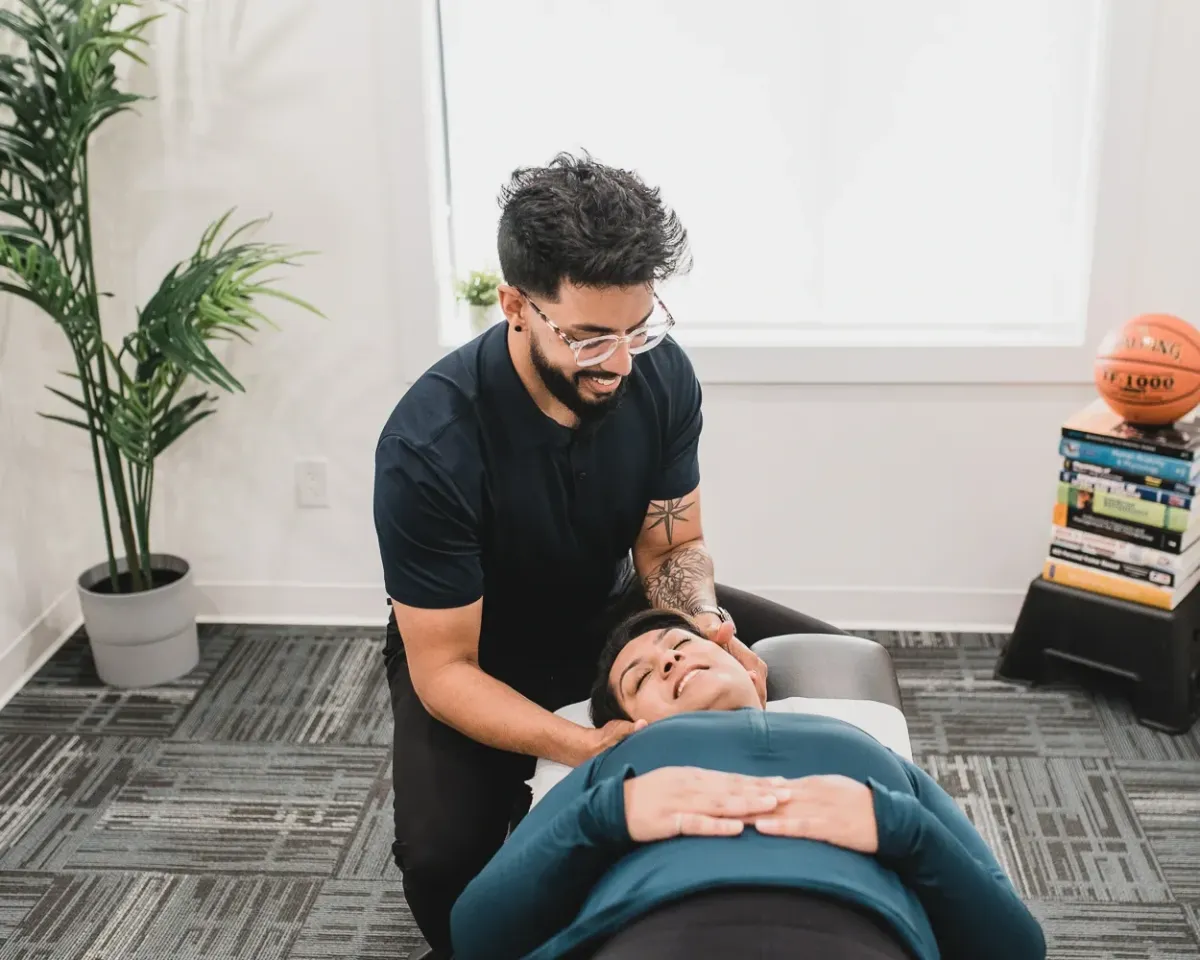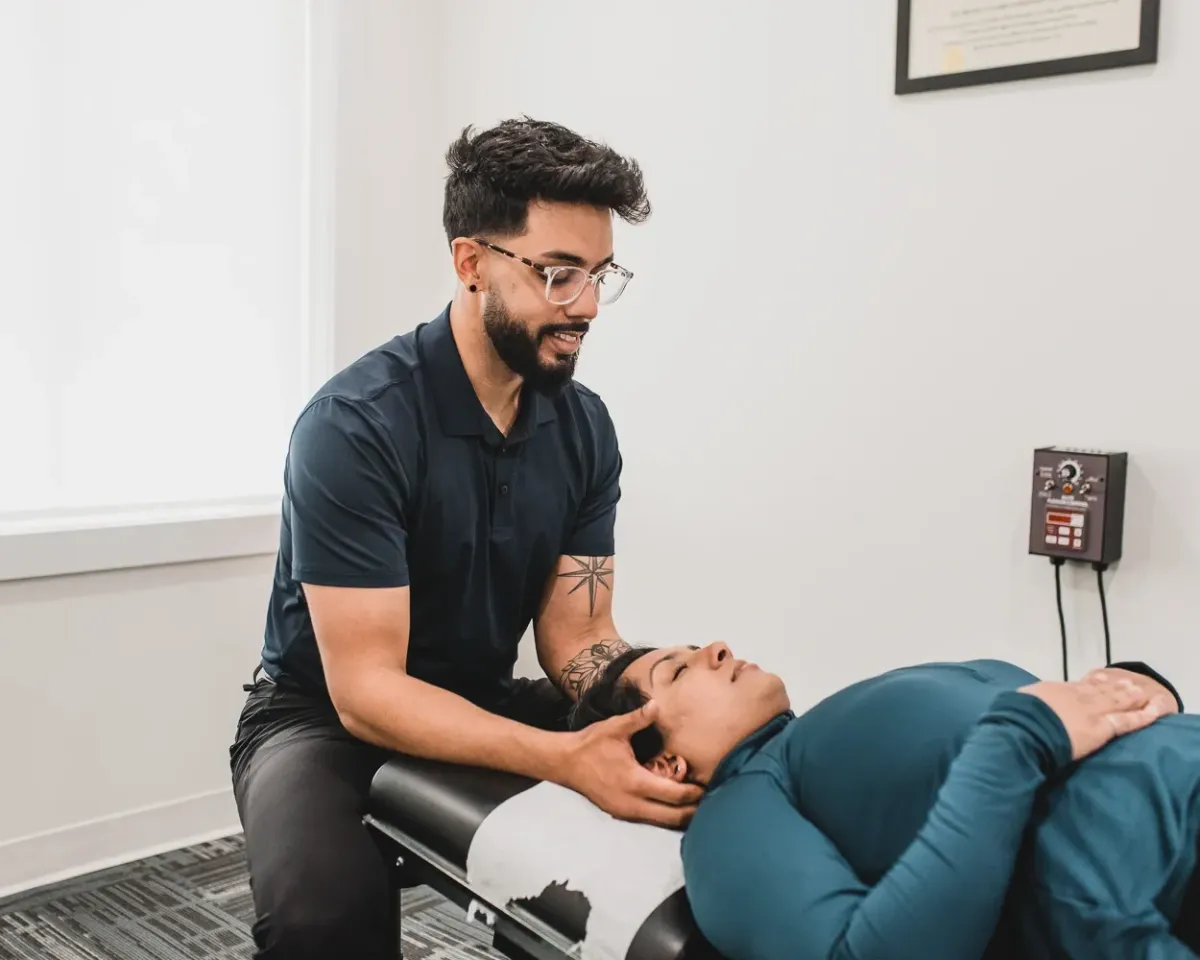Feel Better,
Move Better
Physio and Chiro experts improving the health of people seeking optimal well-being in Surrey & Vancouver
Feel Better,
Move Better
Physio and Chiro experts improving the health of people seeking optimal well-being in Surrey & Vancouver
We leverage evidence-based therapies and personalized care to significantly improve the well-being and recovery of our patients
Whether you're recovering from an injury or aiming for overall well-being, we are dedicated to providing you with professional, compassionate care for positive and lasting results
We Can Help You...

Reduce Pain
Effectively alleviate and manage pain, tailored to your unique needs

Prevent Injuries
proactively safeguard against injuries and enhance your overall well-being

Feel Your Best
Prioritize your well-being and foster positive changes in your health journey
You'll Be in Good Hands
Prosper Health is your trusted partner in achieving and maintaining a healthier, more fulfilling life. As a therapist-owned clinic, we bring a personalized touch to your health journey, offering a comprehensive range of services. Our mission is to understand your unique needs, design tailored treatment plans, and guide you towards optimal health.
We leverage evidence-based therapies and personalized care to significantly improve the well-being and recovery of our patients
Whether you're recovering from an injury or aiming for overall well-being, we are dedicated to providing you with professional, compassionate care for positive and lasting results
We Can Help You...

Reduce Pain
Effectively alleviate and manage pain, tailored to your unique needs

Prevent Injuries
proactively safeguard against injuries and enhance your overall well-being

Feel Your Best
Prioritize your well-being and foster positive changes in your health journey

20+
Years Experience

50
Team Members

2
Clinic Locations

98%
Patient Satisfaction
You'll Be in Good Hands
Prosper Health is your trusted partner in achieving and maintaining a healthier, more fulfilling life in Surrey and Vancouver. As a therapist-owned clinic, we bring a personalized touch to your health journey, offering a comprehensive range of services. Our mission is to understand your unique needs, design tailored treatment plans, and guide you towards optimal health.
20+
Years Experience
2
Clinic Locations
98%
Patient Satisfaction
50
Team Members
450+ Five Star Ratings on Google


"I have been going to Prosper Health for a couple of months and from the moment I walk in the door I feel very comfortable"
Carlos Henriquez


"Really impressed with the experience I had at Prosper Health. Got appointment at a short notice for the same day after"
Yash Trivedi


"I have nothing but good things to say about this clinic. The staff is always so kind and the therapists are very helpful"
Gurjit Khella


"Prosper Health transformed my chronic back pain. Their physio sessions and compassionate care made each visit worthwhile"
Sarah Thompson


"Prosper Health's acupuncture services have been a revelation for managing stress and improving my overall health. I leave each session feeling rejuvenated and more in tune with my body."
Emma Rodriguez


"As an athlete, Prosper Health's chiropractic treatments and active rehab are my go-to for sports injuries. Their expertise and commitment ensure I'm able to perform at my peak"
James Lawson
450+ Five Star Ratings on Google


"I have been going to Prosper Health for a couple of months and from the moment I walk in the door I feel very comfortable"
Carlos Henriquez


"Really impressed with the experience I had at Prosper Health. Got appointment at a short notice for the same day after"
Yash Trivedi


"Prosper Health transformed my chronic back pain. Their physio sessions and compassionate care made each visit worthwhile"
Sarah Thompson


"Prosper Health's acupuncture services have been a revelation for managing stress and improving my overall health. I leave each session feeling rejuvenated and more in tune with my body."
Emma Rodriguez


"As an athlete, Prosper Health's chiropractic treatments and active rehab are my go-to for sports injuries. Their expertise and commitment ensure I'm able to perform at my peak"
James Lawson


"I have nothing but good things to say about this clinic. The staff is always so kind and the therapists are very helpful"
Gurjit Khella








